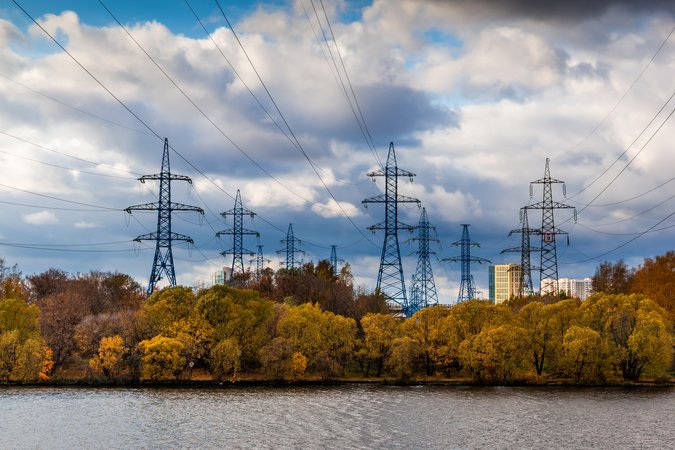Heatmap: “Why Moving to 24/7 Clean Electricity Is Going to Be Really, Really Hard”
RFF Fellow Aaron Bergmen explain the pros and cons of hourly matching in this article about how the US government and utilities define clean energy.
That doesn’t mean they’re eager to make the change, with many citing cost, low demand, and in some cases lack of data availability and confusion over how to handle a more complex dataset as top concerns with hourly matching. Cost is also a major concern for the hydrogen industry overall.
“To the extent that 24/7 works, it has to increase hydrogen prices,” said Aaron Bergman, a fellow at the nonprofit research group Resources for the Future, although he acknowledged that hourly matching is also likely to reduce emissions. “Now, I think what’s challenging is, is that going to be enough to interfere with the ability to really start building out green hydrogen?”




